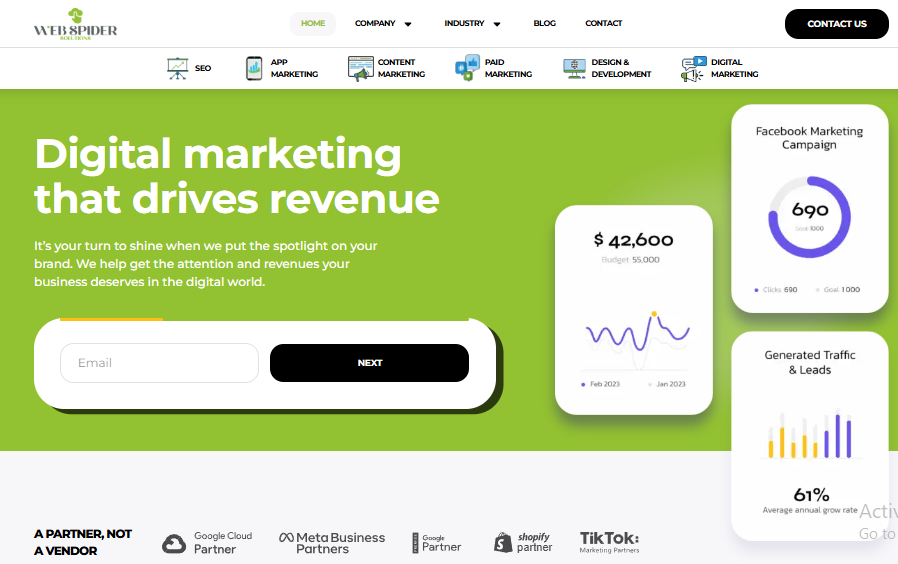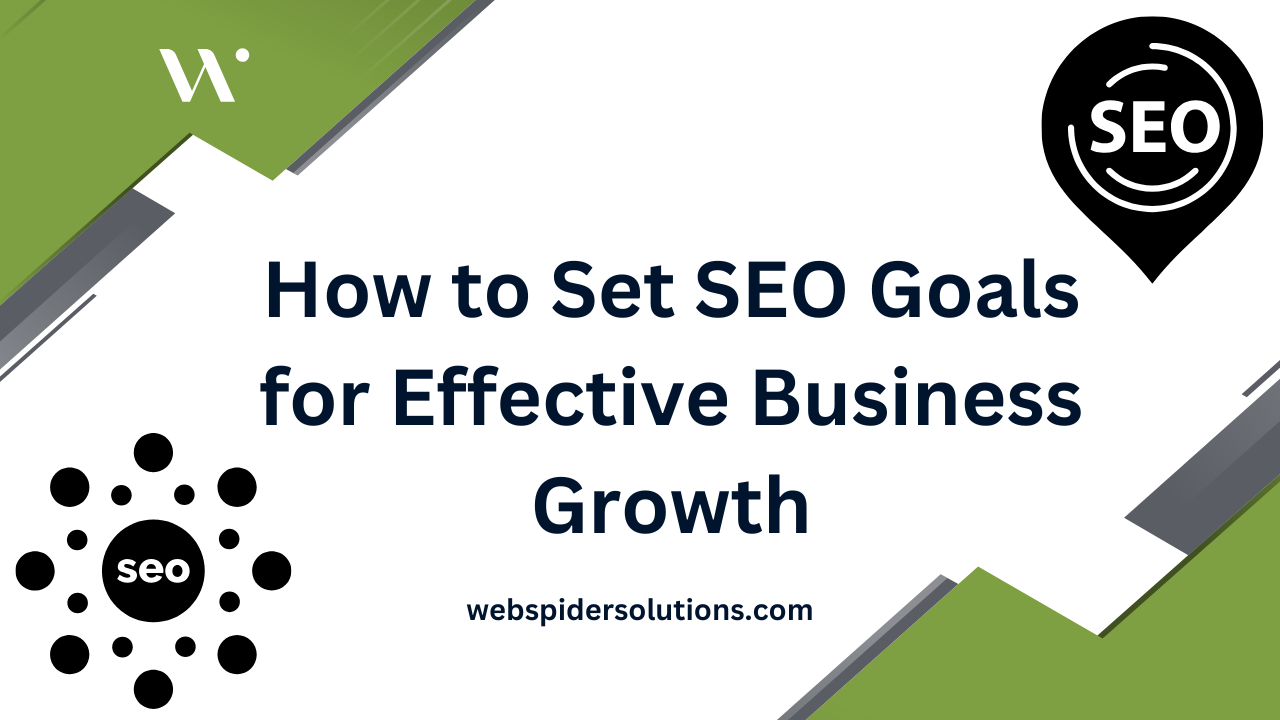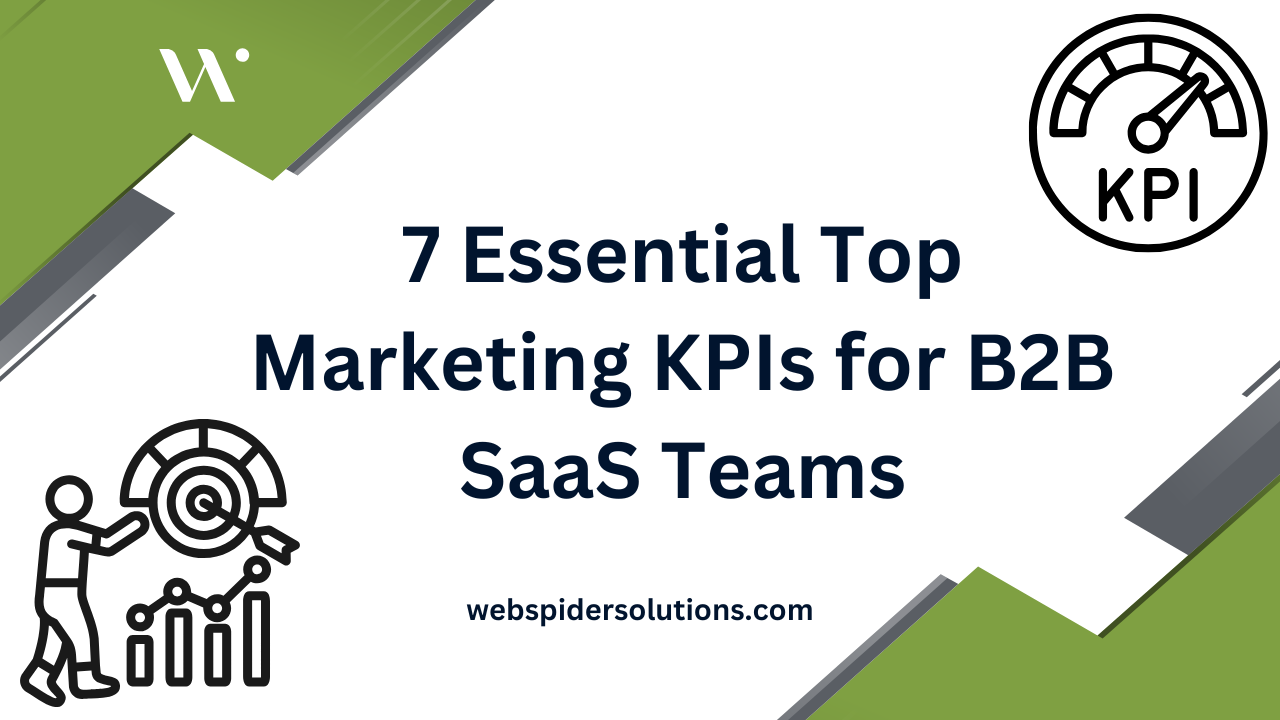Everyone talks about getting more leads and sales from marketing but most people overlook what really counts. Companies that systematically track marketing performance are 3.5 times more likely to achieve significant business growth which surprises many. The real game is not just creating content but measuring exactly how it pays off and that flips everything you thought you knew about marketing ROI.
Table of Contents
- Defining ROI In The Context Of Content Marketing
- The Importance Of Measuring ROI In Marketing Efforts
- How Content Marketing Impacts Business Growth
- Key Metrics For Evaluating Content Marketing Success
- Real-World Examples Of Content Marketing ROI
Quick Summary
| Takeaway | Explanation |
|---|---|
| Measure ROI beyond money | Content marketing ROI includes intangible benefits like brand awareness and customer trust, not just financial returns. |
| Use qualitative and quantitative metrics | Combine numerical data with qualitative assessments to get a comprehensive view of content performance. |
| Identify high-performing content | Analyze what content works best to allocate resources effectively and improve future marketing strategies. |
| Transform marketing into a revenue generator | Systematic ROI measurement helps show the business value of marketing, shifting perception from cost to investment. |
| Leverage content for customer acquisition | High-quality, targeted content significantly lowers customer acquisition costs and builds long-term customer relationships. |
Defining ROI in the Context of Content Marketing
Return on investment (ROI) represents the financial performance metric that evaluates the profitability and efficiency of business investments. In content marketing, ROI goes beyond simple monetary calculations, measuring the strategic value generated through targeted content creation and distribution.
Understanding Content Marketing ROI Fundamentals
Content marketing ROI quantifies the revenue generated relative to the expenses incurred in producing and promoting content. Unlike traditional advertising metrics, this evaluation considers both direct financial returns and intangible benefits like brand awareness, audience engagement, and customer trust.
Businesses typically calculate content marketing ROI using the following formula:
- Total Revenue Generated from Content / Total Content Marketing Expenses x 100 = ROI Percentage
- Tracking specific metrics such as lead generation, conversion rates, and customer acquisition costs
- Analyzing qualitative outcomes like audience growth and brand perception
According to Content Marketing Institute, most successful organizations view ROI as a comprehensive measurement that extends beyond immediate financial gains.
Strategic Significance of Content Marketing ROI
Measuring ROI provides critical insights that help businesses make informed decisions about their content strategies. Learn more about optimizing your digital marketing approach to maximize returns and refine content performance.
Key strategic benefits include:
- Identifying high-performing content types and channels
- Allocating marketing budgets more effectively
- Understanding audience preferences and behavior
- Demonstrating the tangible value of content marketing investments
By systematically tracking and interpreting content marketing ROI, organizations can develop more targeted, efficient, and impactful marketing strategies that deliver sustainable business growth.
The Importance of Measuring ROI in Marketing Efforts
Marketing efforts represent significant financial investments for businesses, making systematic ROI measurement crucial for strategic decision making and resource allocation. Understanding the true impact of marketing activities goes far beyond tracking surface level metrics.
Driving Strategic Business Decisions
Comprehensive ROI measurement enables businesses to transform raw data into actionable insights. By quantifying the effectiveness of marketing initiatives, organizations can make informed choices about future investments, channel optimization, and resource deployment.
Learn how to measure marketing ROI for smarter business decisions and unlock deeper performance understanding. Organizations gain critical advantages through systematic ROI evaluation:
- Identifying the most profitable marketing channels
- Eliminating underperforming strategies
- Reallocating budget toward high-performing initiatives
- Creating data driven marketing roadmaps
According to Harvard Business Review, companies that systematically track marketing performance are 3.5 times more likely to achieve significant business growth compared to those with inconsistent measurement practices.
Performance Transparency and Accountability
ROI measurement introduces transparency into marketing expenditures, helping leadership understand the direct connection between marketing investments and business outcomes. This approach transforms marketing from a cost center to a revenue generation engine.
Key accountability benefits include:
- Demonstrating marketing’s tangible business value
- Providing clear evidence of marketing effectiveness
- Building credibility with executive leadership
- Justifying future marketing budget requests
By establishing robust ROI measurement frameworks, businesses create a culture of continuous improvement and strategic marketing optimization.

How Content Marketing Impacts Business Growth
Content marketing has transformed from a supplementary strategy to a critical driver of business expansion, offering organizations powerful mechanisms for sustainable growth and competitive positioning. By creating valuable, targeted content, businesses can establish meaningful connections with their audience while simultaneously generating significant economic value.
Generating Qualified Leads and Customer Acquisition
Strategic content marketing serves as a precision instrument for attracting and converting potential customers. High-quality content establishes trust, positions businesses as industry authorities, and guides prospects through the purchasing journey more effectively than traditional advertising approaches.
Explore the seven key benefits of content marketing for your business and unlock your growth potential. Businesses experience multiple lead generation advantages:
- Attracting prospects through informative, solution-oriented content
- Reducing customer acquisition costs compared to traditional marketing
- Creating scalable engagement pathways
- Nurturing long-term customer relationships
According to Content Marketing Institute, companies utilizing strategic content marketing experience 300% more leads than traditional outbound marketing techniques.
Building Brand Authority and Market Positioning
Content marketing transcends mere promotional activities by establishing organizational credibility and thought leadership. By consistently delivering valuable insights, businesses differentiate themselves from competitors and create compelling narratives that resonate with target audiences.
Key brand positioning benefits include:
- Demonstrating deep industry expertise
- Creating memorable brand experiences
- Establishing emotional connections with potential customers
- Generating organic search visibility
Through systematic content creation, organizations transform from product sellers to trusted advisors, driving sustainable business growth and long-term market relevance.
Key Metrics for Evaluating Content Marketing Success
Measuring content marketing performance requires a comprehensive approach that goes beyond superficial engagement indicators. Successful organizations develop nuanced measurement strategies that capture both quantitative and qualitative aspects of content performance.
Quantitative Performance Indicators
Numeric metrics provide concrete evidence of content marketing effectiveness, offering insights into audience behavior and content reach. Precise measurement enables strategic optimization and helps businesses understand their content’s actual impact.
Explore our comprehensive content marketing strategy guide for 2025 to refine your measurement approach. Critical quantitative metrics include:

- Website traffic volume and sources
- Conversion rates across different content types
- Lead generation numbers
- Social media engagement rates
- Time spent on page
According to Google Analytics, businesses that systematically track multiple performance indicators are 70% more likely to achieve their marketing objectives.
Qualitative Performance Assessment
Beyond numerical data, content marketing success involves evaluating less tangible yet equally important factors. Qualitative metrics provide deeper insights into audience perception, brand credibility, and long-term strategic impact.
Key qualitative evaluation criteria encompass:
- Audience sentiment and feedback quality
- Brand authority and thought leadership perception
- Content shareability and organic reach
- Alignment with overall brand messaging
By integrating both quantitative and qualitative metrics, organizations create a holistic understanding of their content marketing performance, enabling continuous improvement and strategic refinement.
Below is a table summarizing key quantitative and qualitative metrics for evaluating content marketing success as described in the article.
| Metric Type | Example Metrics | Purpose/Insight |
|---|---|---|
| Quantitative | Website traffic volume and sources | Understand how many users visit and where they come from |
| Quantitative | Conversion rates across content types | Measure how effectively content drives desired actions |
| Quantitative | Lead generation numbers | Quantify new prospects attributed to content efforts |
| Quantitative | Social media engagement rates | Gauge audience interaction and sharing behavior |
| Quantitative | Time spent on page | Assess content relevance and engagement depth |
| Qualitative | Audience sentiment and feedback quality | Understand audience opinions and content effectiveness |
| Qualitative | Brand authority and thought leadership perception | Evaluate credibility and industry positioning |
| Qualitative | Content shareability and organic reach | Identify how content naturally spreads in networks |
| Qualitative | Alignment with overall brand messaging | Ensure consistency with strategic brand direction |
Real-World Examples of Content Marketing ROI
Content marketing success stories demonstrate the transformative power of strategic content creation across diverse industries. By examining concrete examples, businesses can understand how targeted content drives measurable financial outcomes and sustainable growth.
B2B Technology Content Marketing Success
Enterprise technology companies have particularly excelled in leveraging content marketing as a powerful revenue generation tool. These organizations create sophisticated, educational content that addresses complex customer challenges while simultaneously establishing thought leadership.
Discover advanced content marketing strategies for your business and learn from industry leaders. Notable B2B content marketing achievements include:
- IBM generating $1.3 billion in pipeline revenue through targeted executive-level content
- Microsoft increasing lead quality by 300% through comprehensive technical whitepapers
- Cisco developing a global community platform driving 70% of their marketing qualified leads
According to Content Marketing Institute, top performing B2B companies invest strategically in content that directly addresses customer pain points.
Small Business and Startup Content Success Stories
Small businesses and startups demonstrate that effective content marketing is not exclusively a large enterprise strategy. With limited budgets, these organizations can create impactful content that generates significant returns.
Key startup content marketing achievements showcase:
- Buffer growing to 1.5 million blog readers through transparent, value-driven content
- HubSpot acquiring millions of users via comprehensive educational resources
- Moz establishing industry leadership through advanced SEO and marketing insights
These examples illustrate how strategic content creation transcends company size, offering powerful growth mechanisms for businesses across different scales and sectors.
The table below presents notable real-world examples of content marketing ROI achievements, highlighting both enterprise and small business results mentioned in the article.
| Company/Type | Approach or Content Focus | Notable Result |
|---|---|---|
| IBM (Enterprise) | Targeted executive-level content | $1.3 billion pipeline revenue generated |
| Microsoft (Enterprise) | Technical whitepapers | 300% increase in lead quality |
| Cisco (Enterprise) | Community platform | 70% of marketing qualified leads |
| Buffer (Startup/SMB) | Transparent, value-driven blog | 1.5 million blog readers |
| HubSpot (Startup/SMB) | Educational resources | Millions of users acquired |
| Moz (Startup/SMB) | Advanced SEO and marketing insights | Established industry leadership |
Ready to Transform Your Content Marketing ROI Into Real Results?
Many businesses struggle to prove the true value of their content marketing efforts. You may invest time and budget in blogs, guides, and case studies but still question the profit they deliver. This article revealed how ROI in content marketing goes deeper than just numbers. It means tracking qualified leads, brand authority, and real business growth. But turning insight into action takes expertise and the right strategy.
Learn from inspiring business growth stories and see how others have overcome similar ROI challenges.

If you want to stop wondering whether your content truly pays off, let Web Spider Solutions help. Our team specializes in content strategies that drive measurable profit and visibility. Contact us now for a free consultation and discover how your business can generate stronger returns from every marketing dollar. Act today and take the guesswork out of your content performance.
Frequently Asked Questions
What is ROI in the context of content marketing?
ROI in content marketing measures the revenue generated from content relative to the expenses incurred in creating and promoting that content. It encompasses both direct financial returns and intangible benefits such as brand awareness and audience engagement.
How can I calculate the ROI of my content marketing efforts?
You can calculate the ROI of content marketing using the formula: Total Revenue Generated from Content / Total Content Marketing Expenses x 100. This calculation allows you to see the effectiveness of your content relative to your investments.
Why is measuring content marketing ROI important for businesses?
Measuring content marketing ROI is crucial as it helps businesses make informed decisions about their strategies, optimize their budgets, and demonstrate the value of their marketing efforts, ultimately driving better business growth.
What key metrics should I track to evaluate content marketing success?
To evaluate content marketing success, track both quantitative metrics like website traffic, conversion rates, and lead generation numbers, and qualitative metrics such as audience sentiment, brand authority, and content shareability.











